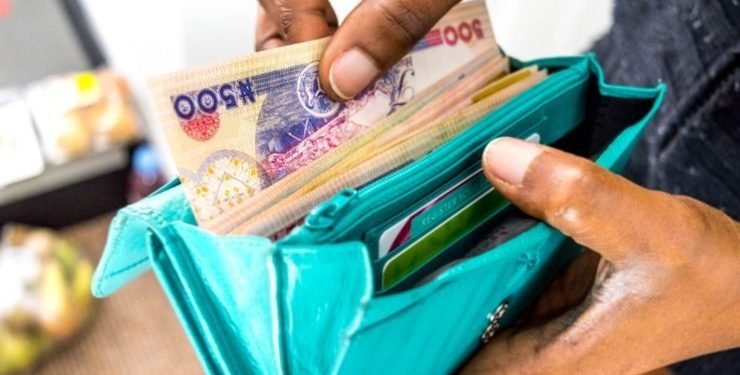“Remittances are a vital source of income for developing countries. The ongoing economic recession caused by COVID-19 is taking a severe toll on the ability to send money home and makes it all the more vital that we shorten the time to recovery for advanced economies,” Said World Bank Group President David Malpass.
In a recent press release, the World Bank projected a global decline of remittances by about 20% in 2020 due to the economic crisis induced by the COVID-19 pandemic and shutdown.
This projected fall, which would be the sharpest decline in recent history, will be largely due to a fall in wages and employment of migrant workers, who tend to be more vulnerable to loss of employment and wages during an economic crisis in a host country.
In 2019, remittance flows to Low & Middle Income Countries reached a record of $554 billion, and became larger than Foreign Direct Investment (FDI).
Remittances to Nigeria and other Sub-Saharan Africa countries dropped by 0.5% to $48 billion in 2019. The remittance flows into the region is expected to decline by 23.1% to reach $37 billion in 2020.
The anticipated decline according to the World Bank can be attributed to a combination factors driven by the coronavirus outbreak in key destination where African migrants reside included the EU area, the United States, the Middle East and China.
The cost of sending money to the Sub-Saharan region is the most expensive in the world, sending $200 remittances cost 8.9% on average in the first quarter of 2020.
Nigeria received $17.5bn diaspora remittances between January and November 2019, according to the data released by the Central Bank of Nigeria.
Written by:
Basil Maduakor






















































